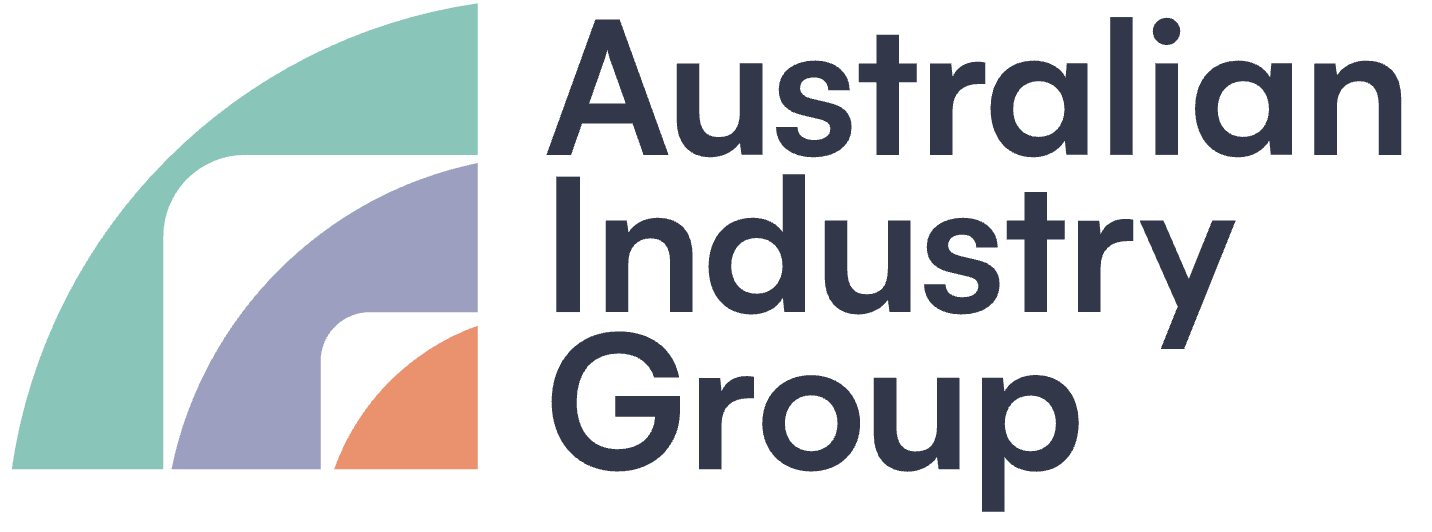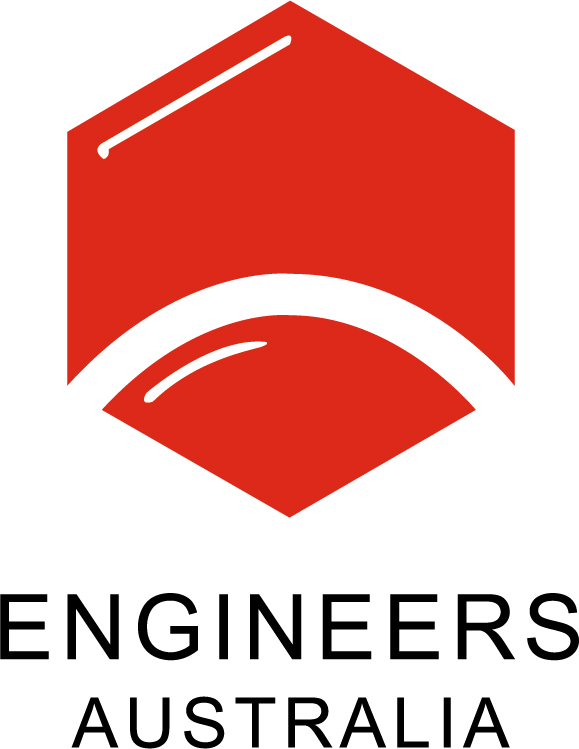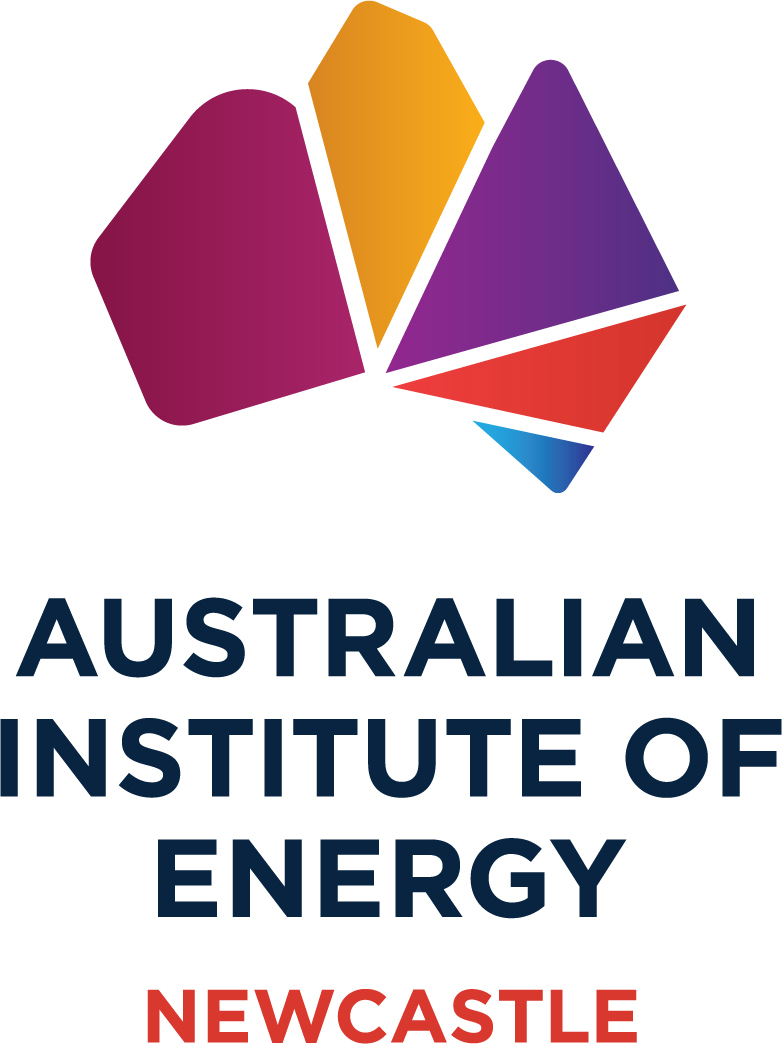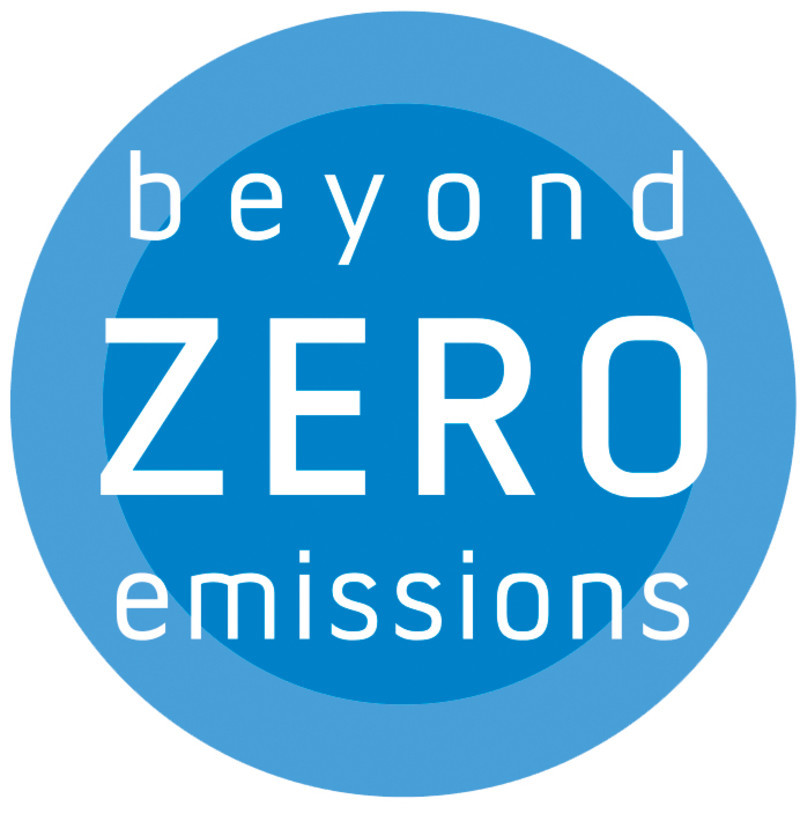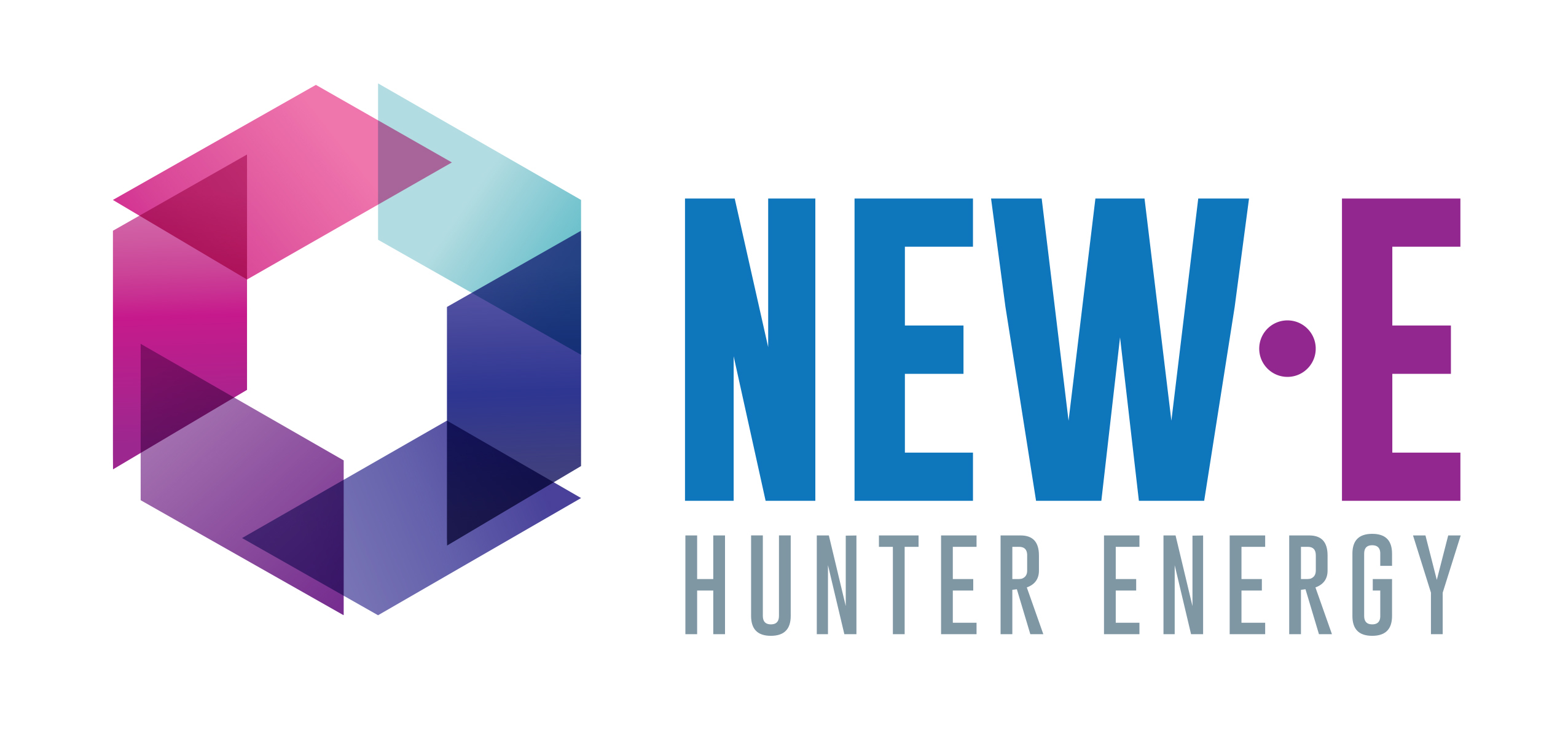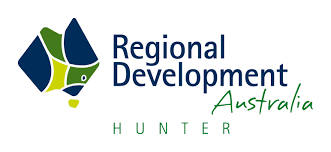Clean fuel network lays out path for sustainable jet fuel production in NSW
A new study from the Powerfuels including Hydrogen Network (PFHN) explores how New South Wales could produce synthetic aviation fuel locally, with support from a government-backed network focused on clean fuel innovation.

A new study has set out what it would take to develop a local supply chain for synthetic aviation fuel in New South Wales, including feedstock access, technology options, infrastructure needs, and market demand.
Opportunity for Developing an e-SAF Value Chain in NSW, was prepared by the University of NSW with support from PFHN and the NSW Office of the Chief Scientist & Engineer (OCSE). It is the first full assessment of how an electronic synthetic aviation fuel (e-SAF) industry could take shape in the state.
The study was launched at the Industry Meets Academia: A Forum on Aviation Decarbonisation event, held at the University of NSW and co-hosted by Boeing, Virgin Airlines and the Powerfuels including Hydrogen Network (PFHN).
The Parliamentary Secretary for Trade and Small Business, Emily Suvaal, officially launched the report, announcing that it demonstrated how innovation, research and collaboration can help lay the foundations for new low-emissions industries.
“Innovation is at the heart of building a sustainable future, and this study reaffirms that NSW is leading in clean technology and industrial transformation," Suvaal said.
“By investing in e-SAF, NSW is taking a leadership role in creating a greener future for the aviation sector.”
The study is part of a broader push to cut carbon emissions across key industries through the NSW Decarbonisation Innovation Hub. The Hub was set up in 2022 with funding from the NSW Government through the OCSE and the NSW Environmental Trust. It brings together researchers, industry and government to develop practical decarbonisation technologies and solutions.
The Decarbonisation Innovation Hub is co-hosted by the University of NSW and the University of Newcastle, with support from other universities across the state. Its work supports the NSW Government’s goal to reach net zero emissions by 2050, with an interim goal of cutting emissions by half by 2030.
Three specialised networks operate within the Hub. PFHN is one of them, and supports work on clean fuels like hydrogen and synthetic fuels, helping to identify and overcome barriers to scaling production. PFHN connects stakeholders across NSW and beyond, and its work ranges from research and engineering to techno-economic studies.
The study outlines several options for how NSW could build a domestic e-SAF industry, including what production technologies are most feasible, where feedstock might be sourced, and how to ensure supply and demand are matched. It’s intended as a guide for industry, researchers and government to work together on next steps.




